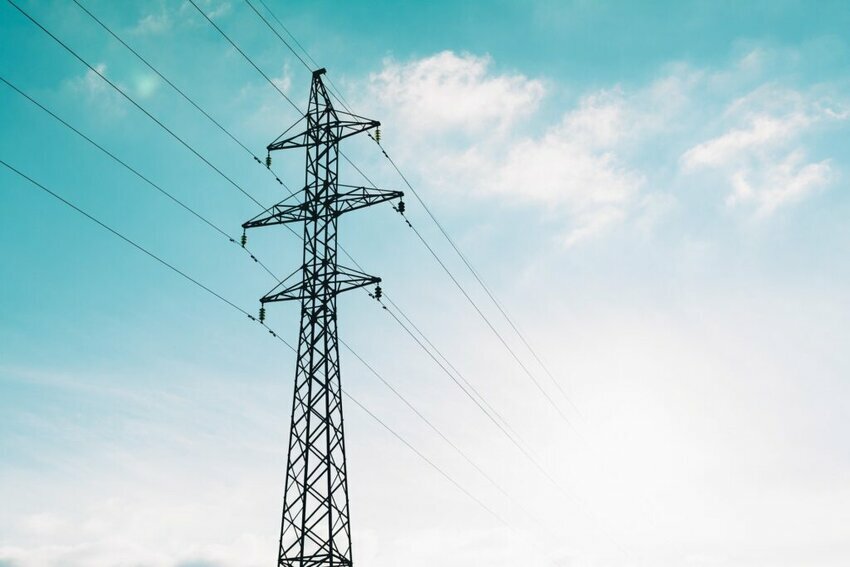 (Credit: Pixaby)
(Credit: Pixaby)Google and Microsoft are among companies that see long duration energy storage (LDES) as a crucial piece of reaching carbon free operations and have joined Long Duration Energy Storage Council.
The companies are part of a group of 12 additions to the council, which is a CEO-led organization that was formed at last year's COP26. The group aims to accelerate decarbonization of the energy system by driving innovation and commercialization of LDES while keeping costs low.
“At Google, we know that achieving 24/7 carbon-free energy will require improving and diversifying our technological toolkit, and we view long duration energy storage as a key pillar on the path to a carbon-free future,” says Maud Texier, the carbon free energy lead at Google. She said Google’s participation will help accelerate innovation and deployment in the important space.
The LDES Council now has 36 members from all over the world and they are independent of any specific technology. They include low carbon energy system developers and integrators, equipment manufacturers, sustainability organizations and financial institutions.
Members are working on electrochemical, mechanical, thermal and chemical LDES. The LDES Council aims to provide guidance to industry and governments. The group says using LDES renewable sources can address grid discrepancies, eliminating the need for fossil fuels.
Not long after forming, the council published a report that says up to 140 terawatt hours of LDES need to be installed by 2040, which is up to 15 times the storage capacity currently installed, in order to for the grid to reach net zero. That would eliminate up to 2.3 gigatons of carbon emissions a year, the group says, and would need an investment of between $1.5 trillion and $3 trillion.
Up to 10% of all electricity generated will at one point be stored with LDES, the council says.
Energy storage is already a rapidly growing market, and a forecast from BloombergNEF found that installations will be 20-times higher in 2030 than they were in 2020 with an investment of $262 billion needed to stay on top of the growth. The United States will account for one-third of the world’s LDES capacity, the council says.
Moving forward, the LDES Council plans to look more closely at thermal flexibility, including power and heat coupling. It is also researching power purchase agreements, regulatory and policy tools, transmission and distribution networks, and financing tools, among other topics.
Joining Google and Microsoft as the LDES Council anchor members are Corre Energy, Ørsted, and Sumitomo SHI FW. Enervenue, Kraftblock, Kyoto Group, Magaldi, SENS, TORC Clean Energy, and VoltStorage are joining the organization as technology members.
“The LDES Council is quickly establishing a unified voice in the global energy discussion by helping push long duration energy storage policy and technology forward,” says Enervenue CEO Jorg Heinemann. “This effort is critical as the world transitions toward a more distributed electricity grid.”